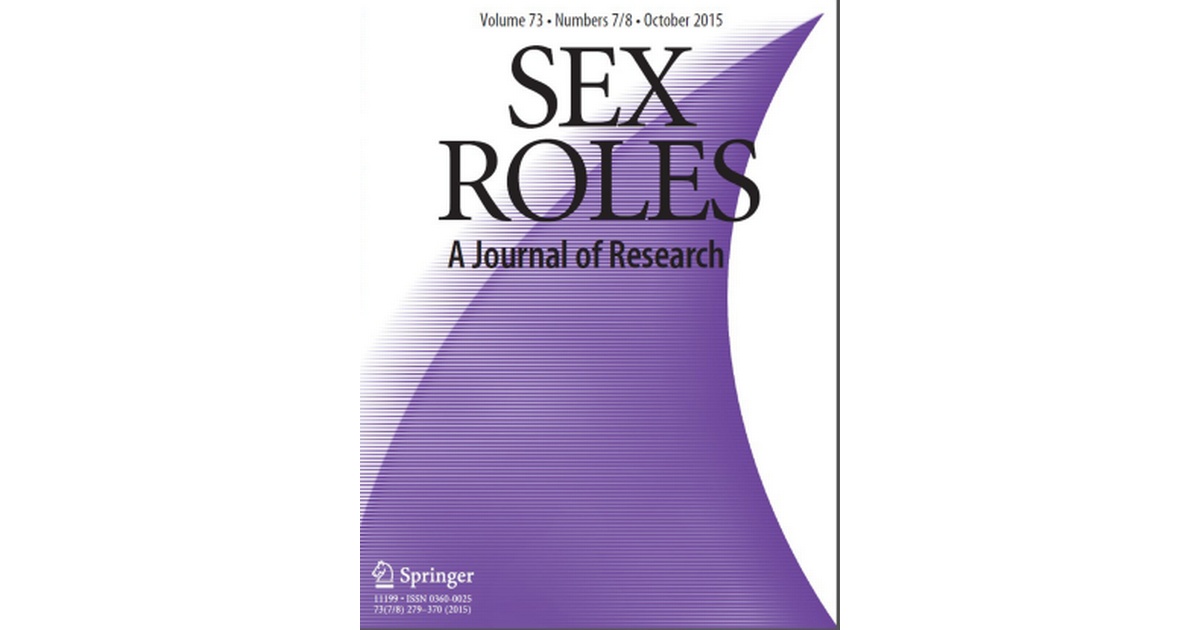Gender, Self-Stereotyping, and Life Goals Predict Career Interest in Germany, Nigeria, and Turkey
Abstract
This study investigated how one’s gender, life goals, and self-stereotyping influence career interests in Germany, Nigeria, and Turkey. We examined agency and communion traits, as well as future goals related to status and family, to explore how gendered self-perceptions and life goals are associated with career interests among emerging adults (18–25 years) and adults under the age of 35 (25–34 years). In Study 1, we analysed gender differences in self-stereotyping and gendered career interests across the three countries. Results showed no gender differences in agency in any country. In Germany, women rated themselves higher on communal than men. Men in Germany and Turkey reported greater interest in male-typed careers, but no gender differences emerged for female-typed career interests in any country. Study 2, extended these findings by testing mediation models with future goals and self-stereotyping as parallel mediators between gender and career interests. Mediation pathways differed by country. The indirect effect of communion and family goals was significant for female-typed career interests in Nigeria and Turkey. Agency and status goals indirectly influenced the relationship between gender and male-typed career interests in Turkey. These findings suggest that social expectations and cultural norms significantly influence career decisions. Implications for practitioners and policymakers, highlight cultural variation in gendered career interest pathways. Supporting egalitarian self-concepts in Germany, addressing traditional gender norms in Turkey, and considering both cultural expectations and socio-economic constraints in Nigeria to promote gender-equitable career choices.


